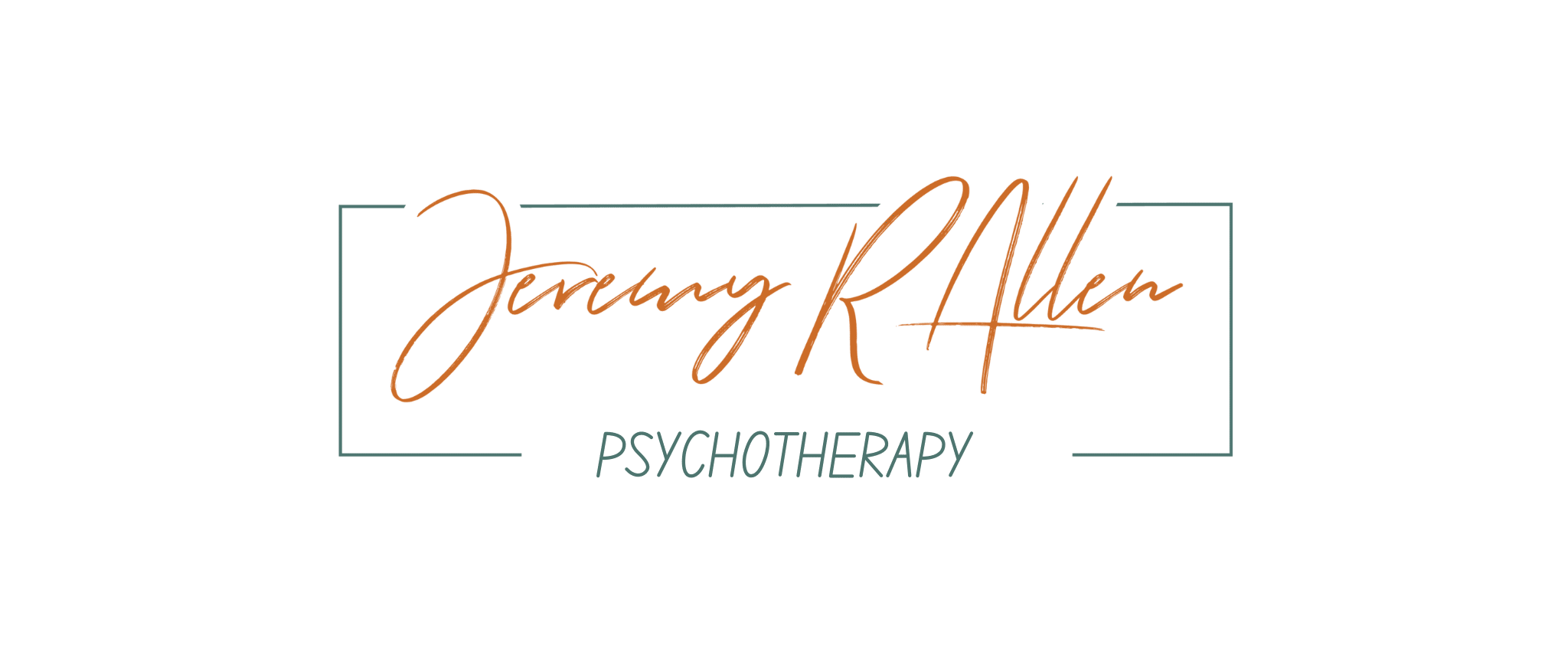Perhaps this exact phrase has been running through your mind. Of course, it is possible to get PTSD from a relationship. However, there are many other factors involved with the inception of trauma. For example, how did your family handle conflict growing up? Was your family of origin caustic? Did your family of origin have rules and boundaries? These are just a few things to consider, but let’s dive into what happens on the surface level and how this plays out below the surface.
Posttraumatic Stress Disorder (PTSD) is synonymous with combat veterans. Yes, combat vets experience some of the worst atrocities and have to challenge their ethics with killing and losing colleagues, but they are not the only ones who can suffer from PTSD. Sexual assault survivors have PTSD as well. Consequently, car accident survivors often suffer the ramifications of PTSD too. Nonetheless, those fortunate enough to have ditched a toxic relationship could also suffer from PTSD.
Causes of Relationship PTSD
Betrayal. First and foremost, betrayal is the leading cause of PTSD in relationships. More than likely, you came together as a couple in the relationship because of attraction or like-mindedness, then infidelity, gambling, or addiction became more critical to your partner. Betrayal creates a lack of trust, not to mention the empty promises of “stopping” or “never again.” Betrayal also creates a lack of safety and the inability to tell what is right or wrong.
Lack of Trust and Intimacy. Once you feel a lack of trust and intimacy in the relationship, Dr. John and Judy Gottman note this as the collapse of a relationship. Therefore, it becomes a betrayal of trust and intimacy which compromises safety and security. In addition, relationships that lack safety and security create confusion about “what’s real” and “am I crazy?” So, are you missing trust, intimacy, safety, and security in your relationship? Keep reading because these are not guarantees that the relationship is ending.
Result of relationship PTSD
Lack of personal identity. When faced with experiencing PTSD from a relationship, you can wonder who you are. “Did I come off as this person? Is it me who messed everything up? Was I the only one who felt this way?” These are all based in fear or anxiety that can tend to spiral out of control. Catastrophizing never helped anyone in any relationship! It is essential to know your trauma is telling you how to react, rather than taking control over how you react. Unfortunately, this is neither supporting nor loving when your partner pokes the bear. There is something much sicker going on.
Covert Narcissism. Covert narcissists often crave attention, just like overt narcissists. More so, it shows up differently. Partners that use psychologically torturous phrases, backhanded compliments, shameful phrases, and blaming words eternalize trauma in the relationship. If these are going on, you need to seek couples counseling to attempt to repair this amount of trauma and learn practical ways to set boundaries. This type of behavior leads to more severe consequences when not addressed.

Your upbringing is tricking you.
The previous director of the Gestalt Institute of the Rockies, Duey Freedman, believes that various forms of trauma happen from a pre-verbal place, meaning trauma started before we knew how to use words. We are continually reacting to the a priori moment of trauma from this present moment. So, when we’re scared, we can jump out of our skin and feel violated, just as when our partners threaten us, we feel violated. Your inner brain does not know the difference between combat trauma, sexual trauma, a car accident, or even being yelled at by your partner. So, your body does what it does and shuts down.
A family that does not create safety alternatively perpetuates fear and anxiety. For example, if your family says, “It’s not ok to talk about your problems,” then likely you will have the inability to communicate openly and vulnerably. Consequently, if your family had too loose of boundaries, they likely taught you to “speak your truth no matter what,” but this lacks consideration for a partner who may have suffered from verbal abuse.
You can regain control over your reactions.
How? Clear boundaries and open communication, to name a few. Clear boundaries with yourself and with your partner. Does your partner often yell and overreact? Overreacting is a clear violation of a couple’s boundaries. Trust, intimacy, safety, and security are NOT created when we yell at one another. When you do not use your voice, “It’s not ok to yell at me,” you allow the dynamic to perpetuate. Please do not confuse this with abuse. Yes, yelling is abuse, but I’m not advocating for you to “use your voice” when feeling threatened. No. You immediately remove yourself from the situation if feeling threatened.
I do advocate for teaching your partner how you want to be treated. Like when we grew up in middle school or high school, we got bullied if we did not use our voice. In a relationship, if we are hypersensitive to various situations due to our traumas, we can either freeze, fight, or run away. This is not helpful if we are trying to nurture a relationship. Instead, using one’s voice is key in overcoming trauma. Mobilizing energy is necessary.
Couples Counseling Can Also Help
Seeking the qualified expertise of a relationship coach can also help with the communication process. In relationship coaching, you will not necessarily dreg through all of your past traumas, however, you might uncover behavioral patterns that continually keep you and your partner stuck. Again, an outside perspective is often helpful in learning how to break the communication pattern to increase trust, intimacy, safety, and security.
Contact me today to inquire about openings and how I can help you better communicate and remove residual traumas from your current relationship.

